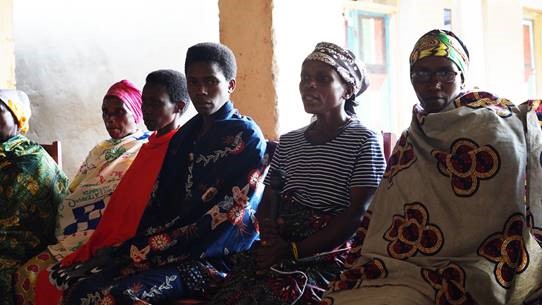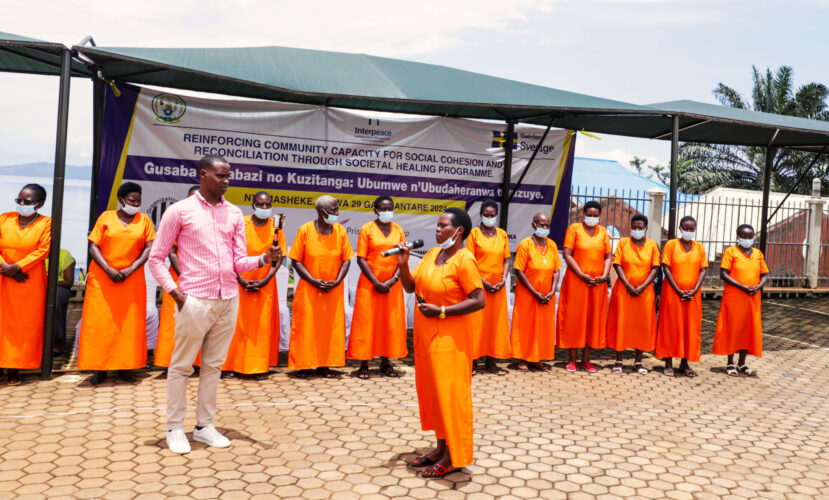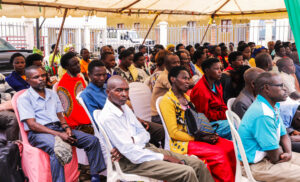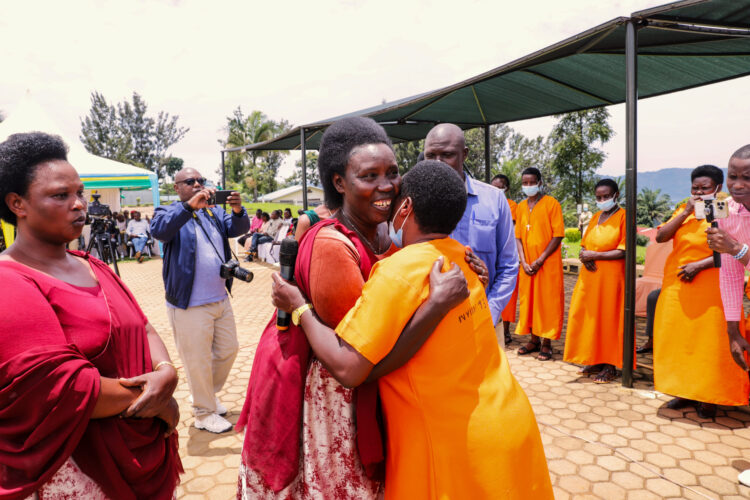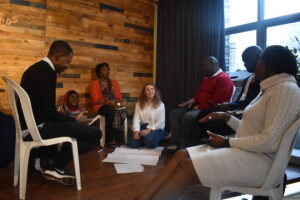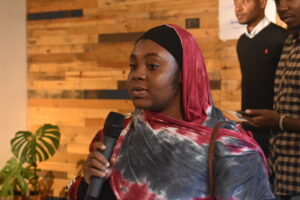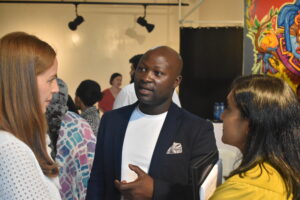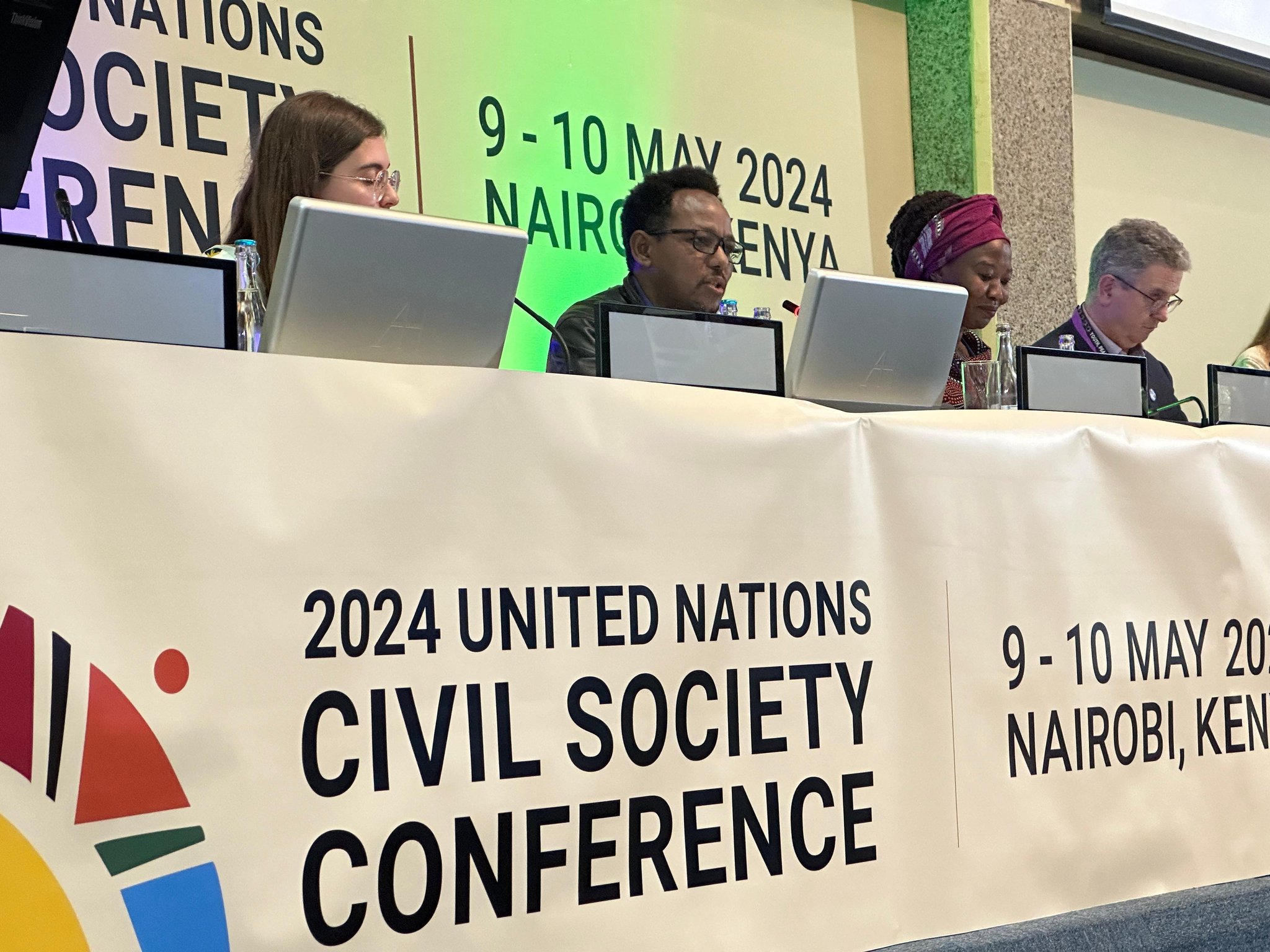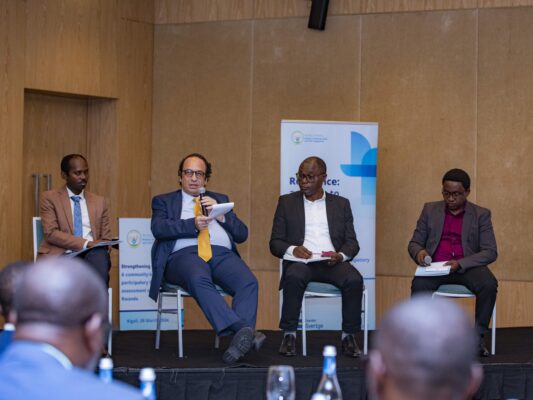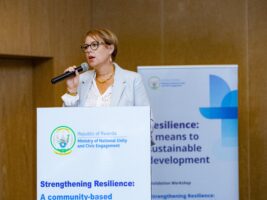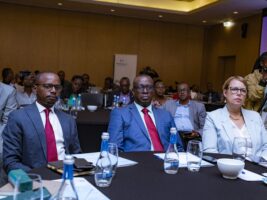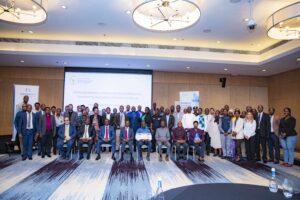Promoting Intergenerational Dialogue to Foster Peace and Social Cohesion in Rwanda
Facilitating young people’s meaningful participation in peacebuilding initiatives should be a cornerstone of any effort to foster a peaceful and cohesive society. This resonates particularly well in Rwanda, where more than 70% of the population is youth, with a large proportion born after the Genocide against the Tutsi that took place three decades ago.
The Genocide tore Rwanda’s social fabric apart. A significant number of young people were manipulated and involved in the killings. To build lasting peace and consolidate the reconciliation and social cohesion gains that have been achieved, youth must be involved in the process.
On June 1, 2024, the Rotary Club Kigali Seniors (RCKS) partnered with Interpeace to organise a one-day retreat to further engage young Rwandans in peacebuilding and social cohesion. Themed “Consolidating Peace and Social Cohesion in Rwanda,” the event brought together more than 50 young people, members of Rotaract clubs (youth-led Rotary clubs), and elders.
It served as an intergenerational dialogue, enabling youth to understand their country's tragic past, which led to genocide, and to chart ways to build a peaceful and resilient Rwanda in the future. The participants were university students and young professionals from across the country. Their elders were prominent individuals from various backgrounds, including the public and private sectors, academia, and civil society organisations.
“This country was destroyed by ethnic divisionism 30 years ago. We have come far to rebuild it. It’s your time to understand where we came from and commit to never letting it happen again. You must build a better society than Rwanda is now,” underlined Dr. Jean Pierre Dusingizemungu, a university lecturer, as he delved into Rwanda's history of past violence, the path to reconciliation, and reconstruction. He stimulated participants to reflect on the adverse consequences of Rwanda's history of conflicts and genocide and to forge a common identity to foster unity and social cohesion in their respective communities.
Nathalie Siborurema, one of the participants, said, “This kind of dialogue is very important and necessary as it enables us to learn from experienced people who lived through the situation we hear about. It arms and prepares us to build a future peaceful and cohesive Rwandan society. I feel ready to take up the challenge with enthusiasm.”
Dr. Jean Bosco Kabera, a prominent member of RCKS who coordinated this activity, underscored the importance of educating young people to promote social cohesion. “I think it’s critical for Rwanda to ensure that youth not only understand the past but also take a leading role in defining our future,” he said, adding that the partnership with Interpeace to organise this retreat was enriching as young people are among the targets of its holistic peacebuilding programme in Rwanda that seeks to address mental healing, promote social cohesion, and support improved livelihoods.
Participants committed to sharing the knowledge and skills acquired with their fellow members. To make a more significant impact, they will take those skills to the community level and reach more people.
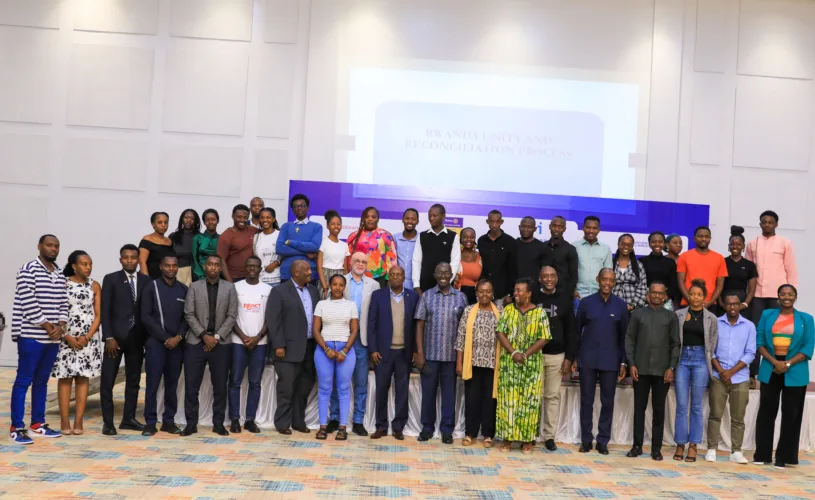
Frank Kayitare, Interpeace’s Country Representative, says empowering young people ensures lasting peace and social cohesion. “If you want to sustain peace and cohesion in Rwanda, you have to target young people. These discussions not only help them understand the past but also forge a mindset that is different from the one that led to the Genocide against the Tutsi. They also enable them to cultivate a mindset of dialogue, to solve any conflict through dialogue.”
Interpeace’s Work to Support Youth in Rwanda
Rwanda has made remarkable progress in strengthening social and economic resilience in the past 30 years. However, many Rwandans, including young people, face challenges related to the psychological wounds of the genocide and its aftermath, as well as economic development.
Interpeace uses community-based psychosocial support interventions such as Sociotherapy and Multifamily Therapy to create healing spaces for young people and their parents to discuss their past and embark on a mutual healing journey. It works with local partners such as Haguruka, Prison Fellowship Rwanda, and Dignity in Detention to organise intergenerational dialogues in the community.
Through a collaborative livelihood approach, Interpeace and its partners work to address socio-economic disparities and foster socio-economic resilience in youth by equipping them with financial and entrepreneurship skills. Young people are facilitated to learn how to develop bankable business projects and create and manage them. Through a competitive process, the most promising projects are supported with seed capital. Joint business initiatives play a dual role: enabling them to improve their social and economic conditions and sustain the social bonds they have formed during the healing journey.
Interpeace also works with youth-led organisations, such as Rwanda We Want, to strengthen their capacity and enable them to empower more youth across the country.




